Rybakina fought hard to make it to the quarterfinals in Montreal.
In the fourth round of the WTA 1000 Montreal event, the 9th seed Rybakina faced strong attacks from Ukraine's Yastremska. Despite losing the first set, she completed a textbook comeback with a score of 5-7, 6-2, 7-5, reaching the quarterfinals of the WTA 1000 Montreal for the second time in her career. This match mirrored Rybakina's career: rising from the depths of being underestimated, she rewove the melody of victory amidst shattered rhythms.
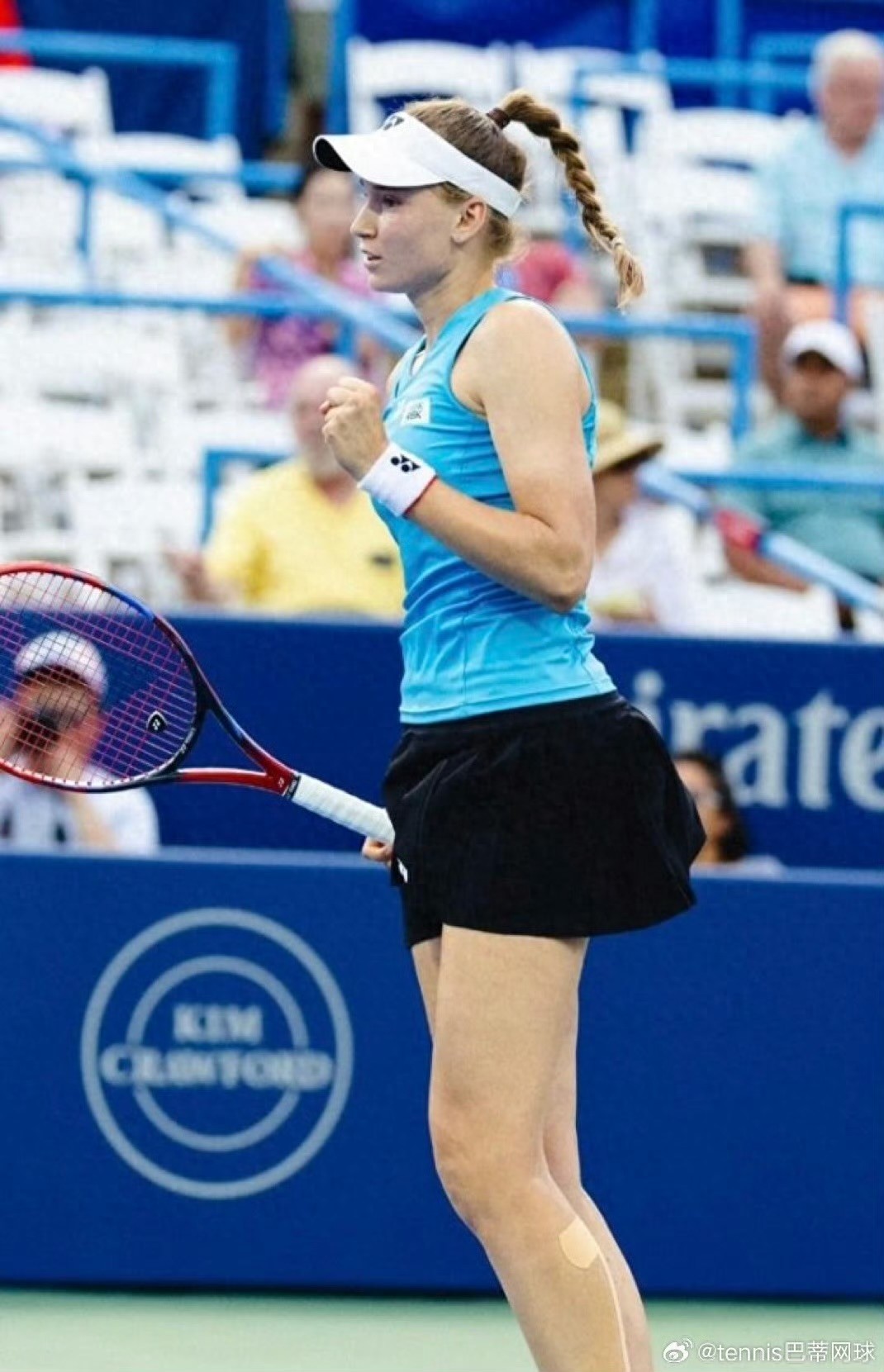
The first set exposed concerns about Rybakina's recent form. Errors at crucial points appeared frequently like discordant notes, reminiscent of her unexpected exit in the third round at Wimbledon. When Yastremska won the first set 7-5, spectators might have expected to witness another collapse of a high-seeded player. However, what sets Rybakina apart is her unique ability to transform failure into nourishment. Her strong response in the second set, winning 6-2, showcased not only her technical adjustments but also the remarkable strength of her mental resilience. Her serves were like precision-guided missiles, and her baseline attacks resembled meticulously calculated mathematical formulas, each stroke reflecting a deep reflection on the lessons learned from the first set.
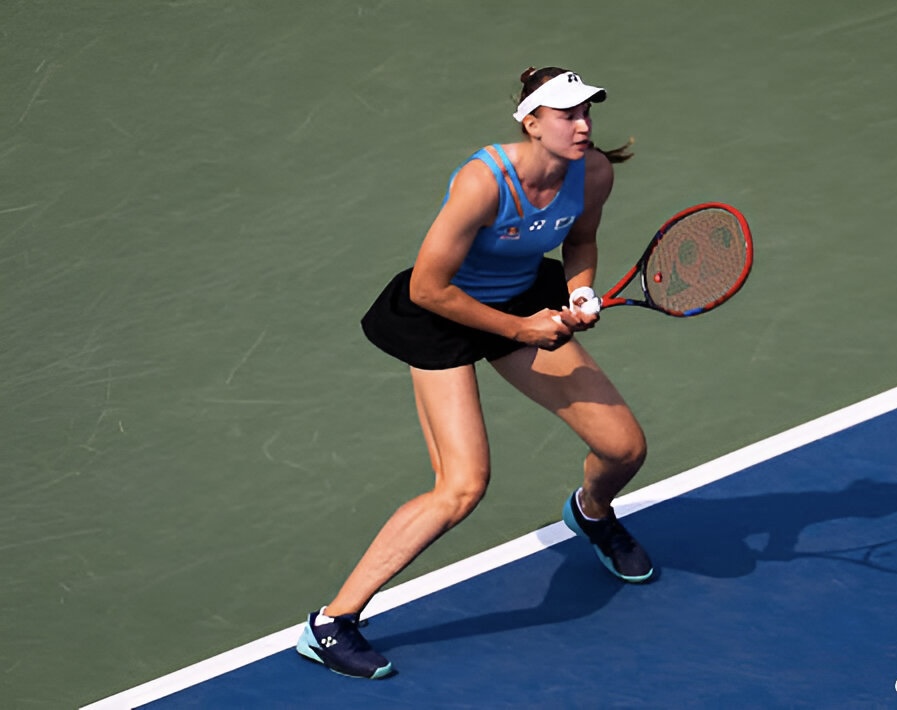
In this grueling battle lasting 2 hours and 18 minutes, the most thrilling highlight was the tug-of-war in the deciding set. During the tense moments when the score was close, Rybakina demonstrated why she is considered one of the most lethal players on the women's tour. Her performance of breaking and holding serve to secure victory reminded fans of her calmness and decisiveness during her 2022 Wimbledon championship run. This ability to elevate her game under pressure is a key trait that distinguishes excellent players from champions. Post-match statistics revealed that Rybakina reduced her unforced errors in the final set by nearly 40% compared to the first, showcasing a stability that has become a hallmark of her playing style as the match progressed.
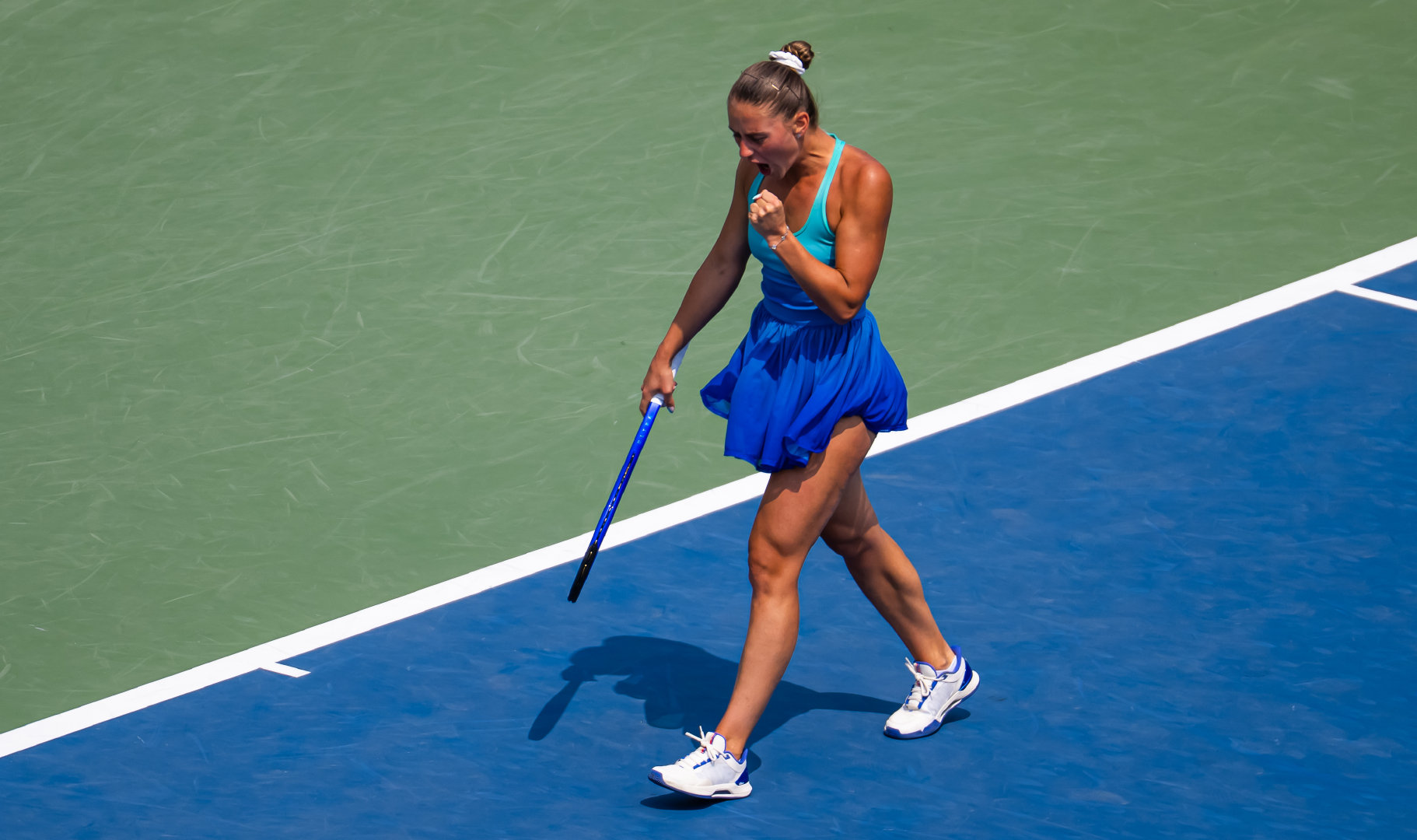
With 215 points from reaching the quarterfinals, Rybakina's ranking rose from 12th to 10th, marking her return to the top 10 after two months. This figure reflects her precise management of her career; even in a season marked by lows, she consistently speaks through her results at crucial moments. Notably, if she advances to the semifinals, her ranking will continue to rise, illustrating her typical career trajectory of gradual progress rather than seeking fleeting bursts of success, achieving qualitative leaps through stability and accumulation.
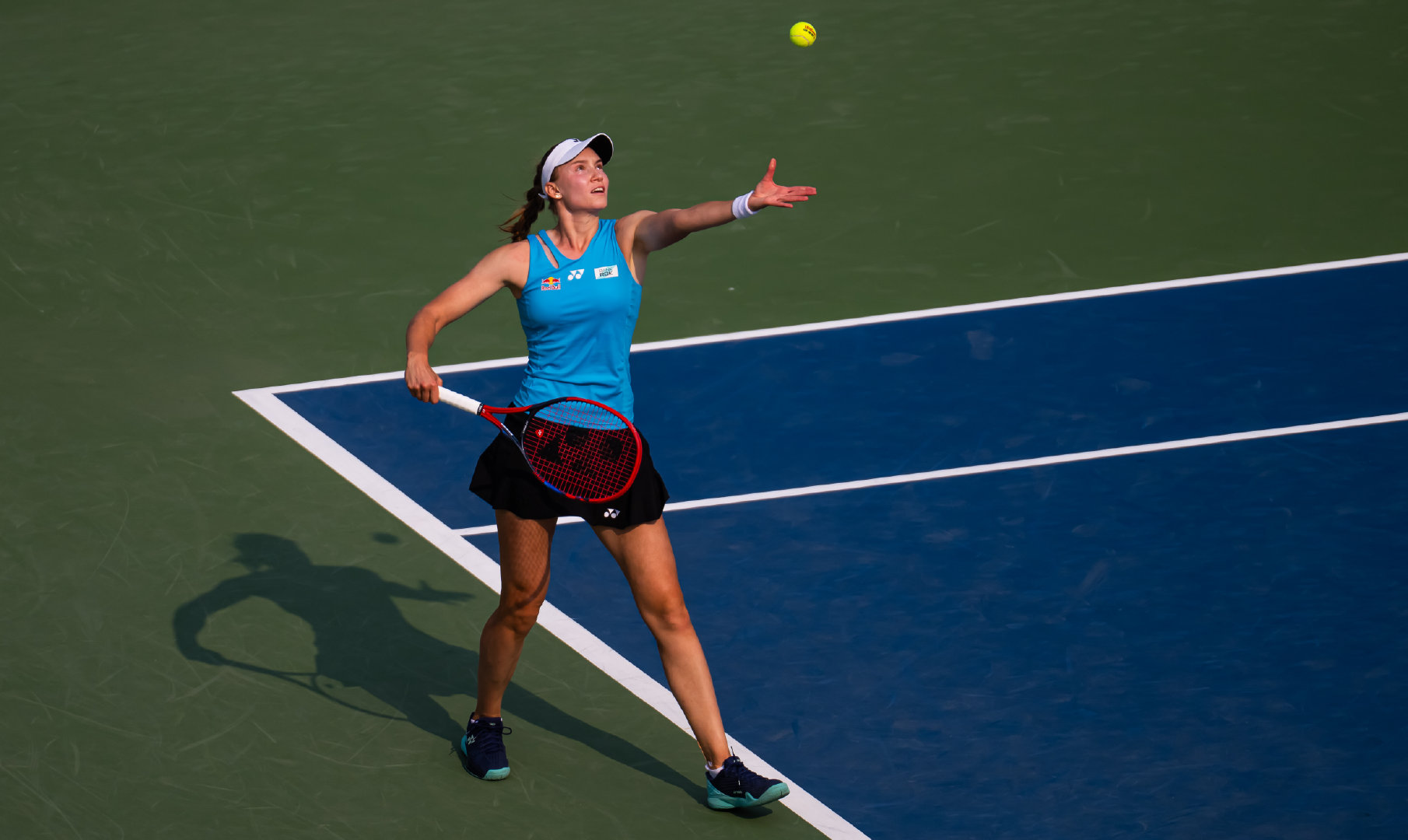
From her loss in the round of 32 at Wimbledon to her resurgence in the North American hard court season, Rybakina's ability to adjust is impressive. Like an experienced captain, she quickly repaired her ship after the storm and found her course again. On a technical level, she reduced unforced errors during tight score situations; on a psychological level, she learned to reconcile with her imperfect self. This comprehensive improvement gives reason to believe that Montreal may just be the first stop on her journey of resurgence.

Looking ahead to the next round against Kostyuk, both players, who have reached the quarterfinals of 1000 events three times this year, are set for an intense showdown. However, regardless of the outcome, Rybakina has already conveyed a clear message to the world through this match: she remains the champion who can find the key to victory in the toughest moments. In the ever-changing landscape of women's tennis, this Kazakh player is writing her own legend in her unique way: not through smooth conquests, but through a compelling story of continuous self-overcoming amidst setbacks and comebacks.
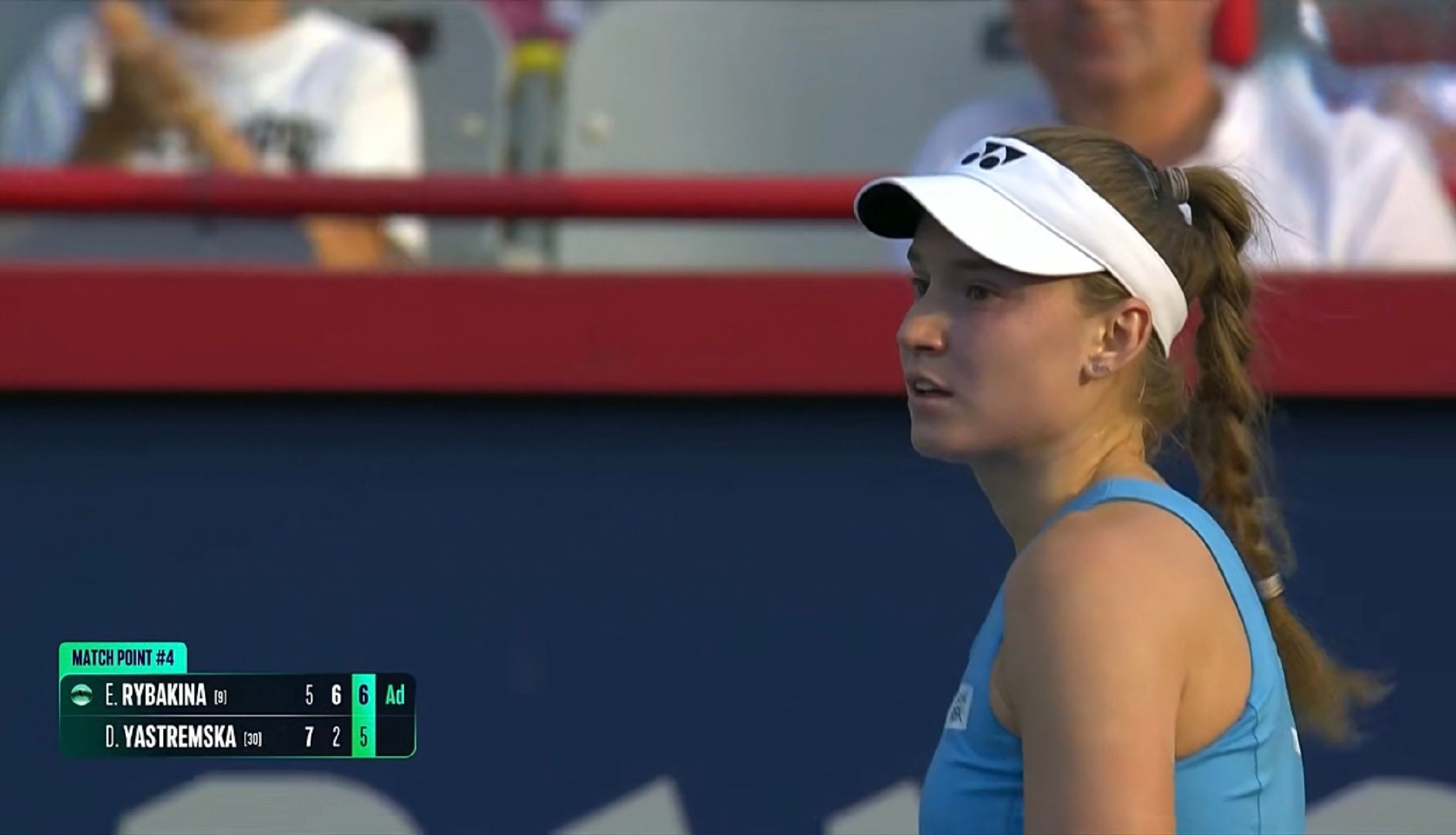
Perhaps Rybakina's career reminds us of a forgotten truth: true champions are not those who dominate in favorable conditions, but those who can rise with even more grace after each fall. This comeback victory in Montreal may very well become the best annotation of her season's turning point.(Source: Tennis Home, Author: Mei)







 Links
Links
 Contact
Contact
 App
App


